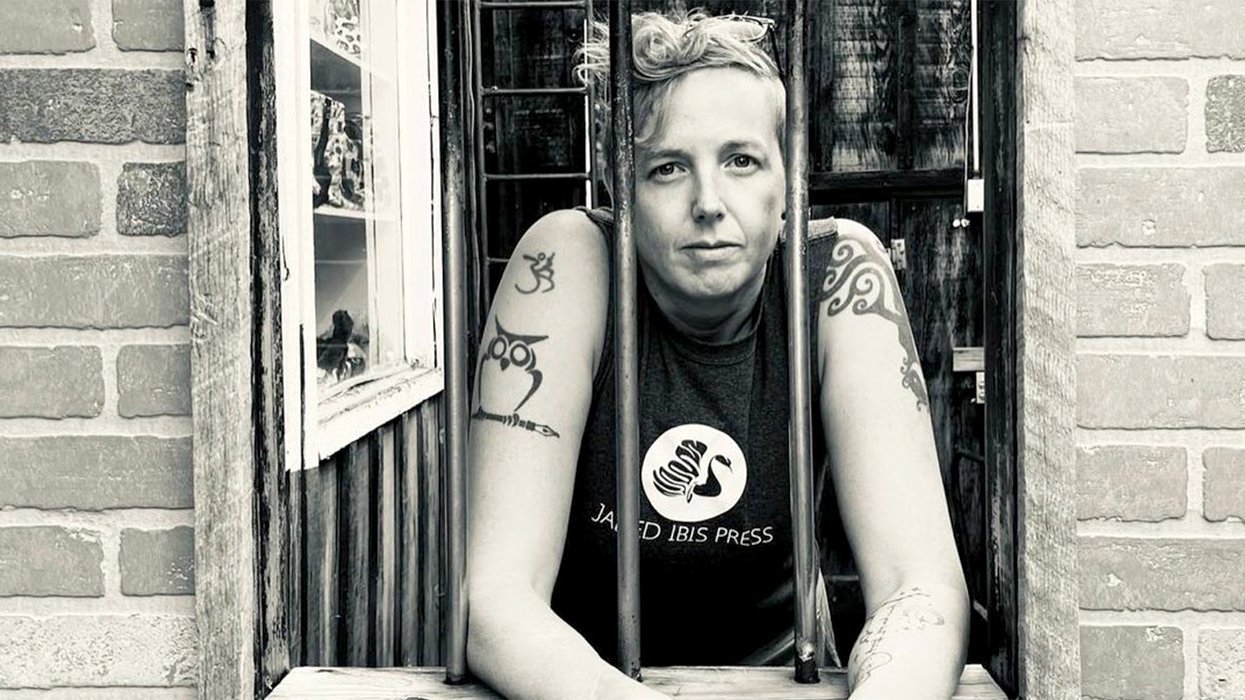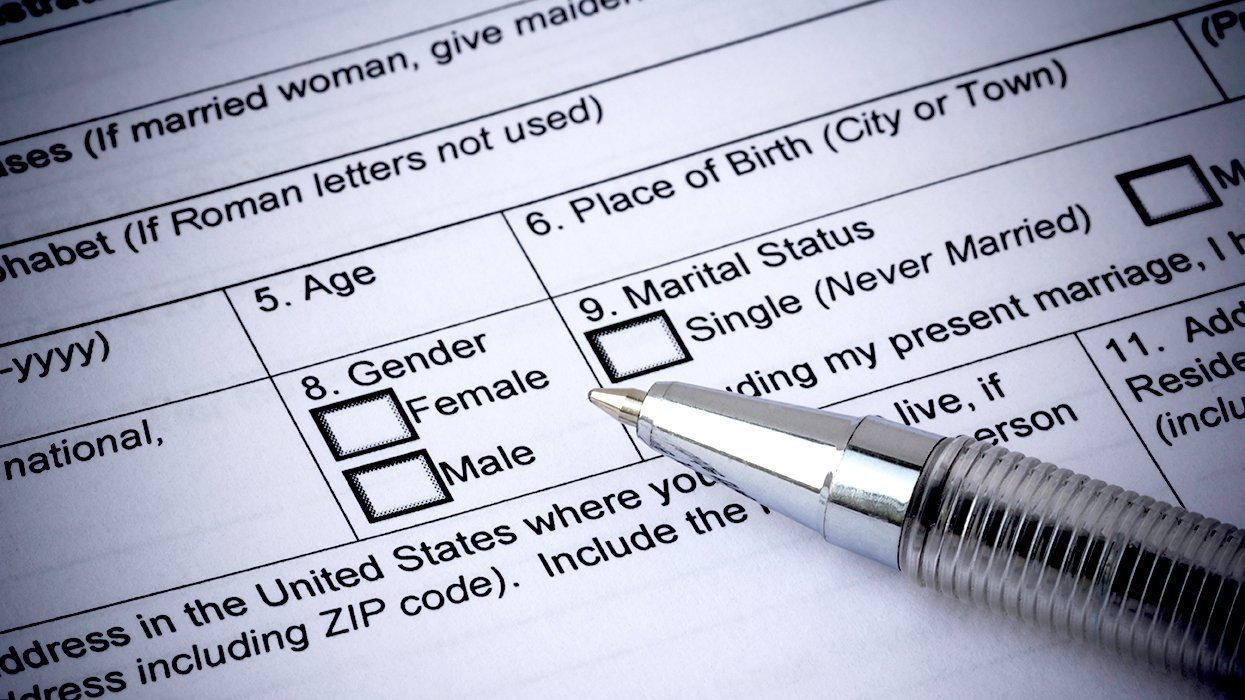Mississippi
Medicaid officials said Thursday that they'll work with the
state health department to keep providing life-sustaining
drugs for patients with HIV and AIDS. But a news
release from Medicaid offered few details, and the
program's spokesman was not available to answer
questions.
"There will be no interruption of the
1,600 HIV/AIDS patients receiving their customary drug
regimen," said Medicaid's departing executive
director, Warren Jones, whose last day on the job was
Thursday.
To save money in
Mississippi's rapidly growing Medicaid program,
legislators voted to reduce the number of prescriptions
available to each patient. Starting Friday--the first
day of the new state budget year--a Medicaid patient
can get five prescriptions per month, and no more than
two of those can be brand-name drugs.
Many
HIV-positive people take a cocktail of three
brand-name drugs. Shannan Reaze of Jackson, Miss.,
who's with the newly created AIDS Action in Mississippi,
said buying one of the drugs could cost $300 to $600 a
month--a burden for low-income people on the
government health program.
"'If you can't
afford to live, then we'll let you die.' That's what
this policy says," Reaze said outside the state capitol on
Thursday.
Medicaid is a federal-state health program
for the needy, aged, blind, and disabled and for
low-income families with children. It covers about
780,000 Mississippians--roughly one in four people in the
state.
Robin Webb of Rankin County, Miss., who's also
with AIDS Action in Mississippi , said some
HIV-positive Medicaid participants have had trouble
getting questions answered by Medicaid officials. "There's a
level of trust that's broken down," Webb said.
A national
doctors group, the HIV Medicine Association, sent Gov. Haley
Barbour a letter on June 13 expressing concerns about how
the Mississippi Medicaid prescription limits will
affect HIV-positive people. Doctors say most
antiretroviral medications are name-brand, and HIV patients
need at least three to suppress the disease. If HIV
disease isn't treated properly, it can become drug
resistant.
Rims Barber, who is leader of a
Jackson, Miss.-based health advocacy group, the Mississippi
Human Services Coalition, said Medicaid could end up
spending more money if it doesn't provide patients the
drugs they need to stay well and live at home. "If
you're in a nursing home or hospital, you get all the drugs
you need. But if you're in the community, you don't," Barber
said. "You have to be hospitalized or
institutionalized, and then Medicaid will pay the
whole schmear." (AP)


















































































